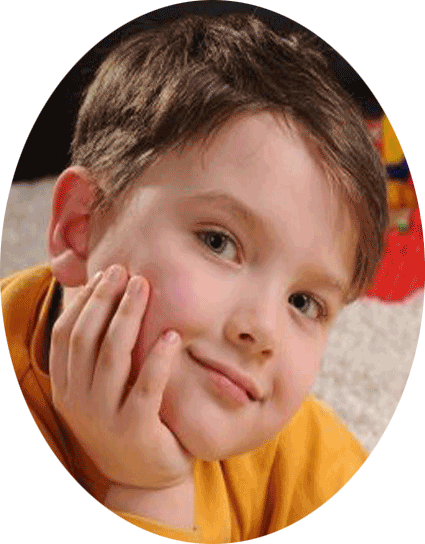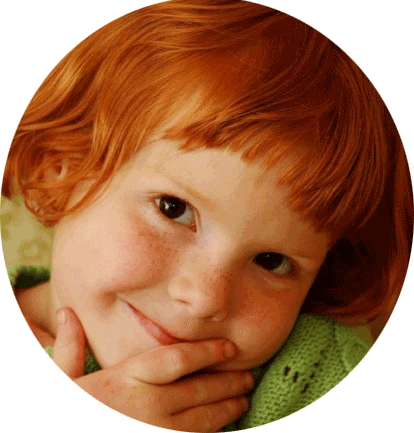
How do I know if my child needs therapy?
As described by Patricia McAleer Hamaguchi, M.A., CCC-SLP, a speech-language pathologist and the author of the book Childhood Speech, Language, and Listening Problems: What Every Parent Should Know (1995, John Wiley & Sons)
Toddlers often have trouble with pronunciation and difficulties putting sentences together. A child between the ages of 18 months and 3 years will generally mispronounce many words. It's perfectly normal to have to play a guessing game to figure out what your child is saying, and at times you may have absolutely no clue what she's getting at. That's okay!
Many toddlers substitute an "f" or "d" sound for "th" ("I'm taking a baf") or a "w" sound for an "l" or "r" ("The wion wawed" = "The lion roared"). Consonant blends, where two consonants are right next to each other, are typically difficult ("Soppit!" for "Stop it"), and toddlers often mix up multi-syllabic words or simply reduce them to shorter words ("Gimme dat amal" = "Give me that animal"). All of these mispronunciations are common even up until age 6. What you want to watch for is that your toddler's speech is improving over time — by age 3, most of what your child says should be pretty understandable.
If the problem is not pronunciation but rather that your child isn't talking or is talking very little, you should act a little more quickly. You should have her evaluated at 20 to 24 months if she's doing any one of the following: * Doesn't react normally or consistently to sounds. (She may be overly sensitive to sounds such as vacuums or hair dryers yet seem indifferent at other times when people call her name.)
* Mispronounces vowels, saying "coo" instead of "cow."
* Talks using mostly vowels, omitting whole consonants, saying "a" for "cat."
* Uses one catch-all sound or syllable to name most things ("duh" or "duh-duh" is a popular one).
* Uses a word once and then doesn't use it again frequently.
* Doesn't point to common objects in books. (When you say "Show me the kitty cat!" instead flips the page or simply repeats "cat!" but doesn't actually point to it.)
* Doesn't seem frustrated when you don't know what she wants. (She may simply try to get the object herself or just give up very easily.)
* Doesn't seem to be progressing much from month to month.
* Answers a question by repeating part of your question. (If you say, "Do you want milk?" responds by saying "Milk!" instead of a head nod or "yes" response — this is called echolalia, and may be an early sign of autism.)
* Doesn't learn "bye-bye" or react to games like peek-a-boo.
* Still says single words only, and not sentences.











